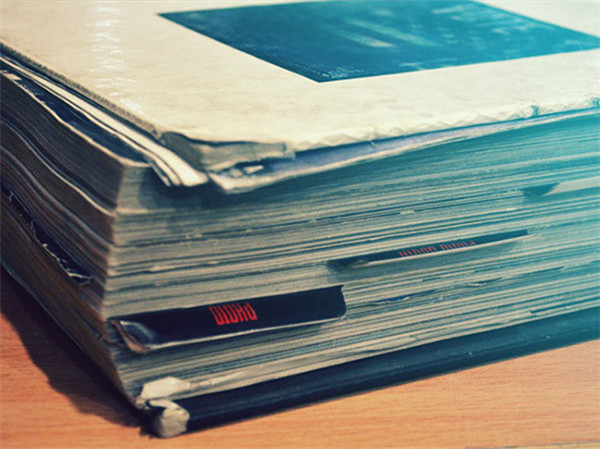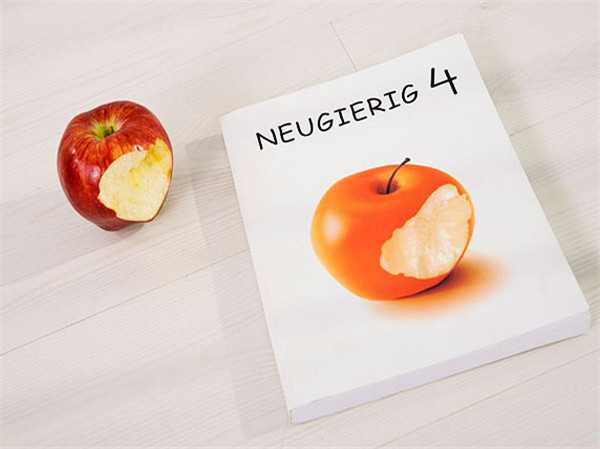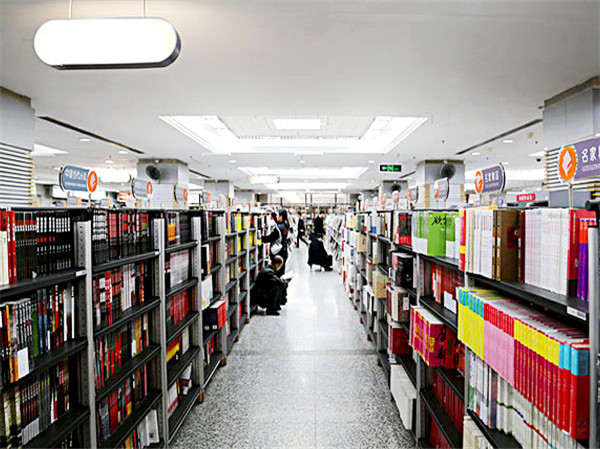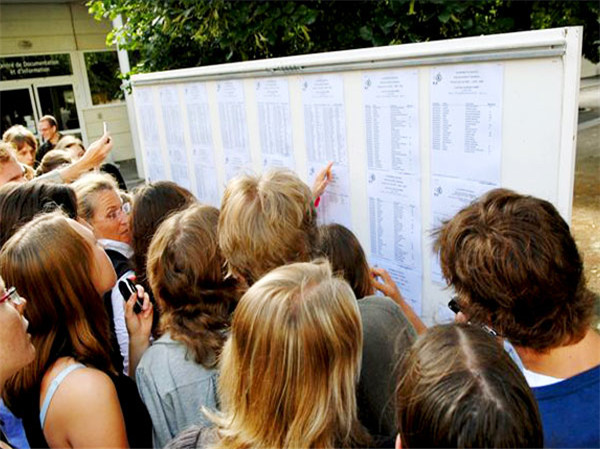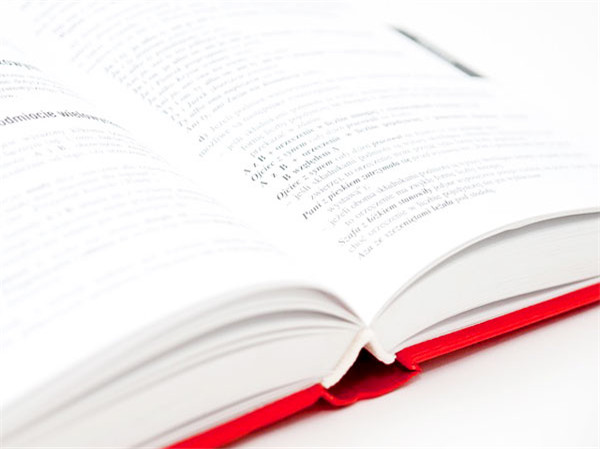现在大家在进行托福备考时官方真题Official托福模考软件相信是大家用的最多的工具了,对于托福成绩的提升是非常有帮助的。托福听力可以说是整个托福考试当中比较重要的一个部分,如何利用现有资料官方真题Official模考软件来提升大家的托福成绩呢?今天小编在这里整理了官方真题Official9托福听力Lecture1文本+题目+答案解析来分享给大家,希望对大家托福听力备考有帮助。

官方真题Official9托福听力Lecture1原文文本
Narrator: Listen to part of a lecture in a theater class.
Pro: As we have seen, the second half of the 18th century was an exciting time in Europe: it was not only an age of great invention, but social changes also led to a rise in all sorts of entertainment, from reading to museums, to travel. And finding himself in the middle of this excitement was an accomplished French painter named Philippe Jacques de Loutherbourg.
Loutherbourg arrived in England in 1771, and immediately went to work as a set designer at the famous Drury Lane Theater in London. From his first shows, Loutherbourg showed a knack for imagination and stage design, all in the interest of creating illusions that allowed the audience to suspend disbelief completely. He accomplished this by giving the stage a greater feeling of depth, which he did by cutting up some of the rigid background scenery, and placing it at various angles and distances from the audience.
Another realistic touch was using three-dimensional objects on the set, like rocks and bushes as opposed to two-dimensional painted scenery. He also paid much more attention to lighting and sound than had been done before.
Now, these sets were so elaborate that many people attended the theater more for them than for the actors or the story. At the time, people were wild for travel and for experiencing new places; but not everyone could afford it. Loutherbourg outdid himself, however, with a show that he set up in his own home. He called it the "Eidophusikon".
"Eidophusikon" means something like representation of nature, and that's exactly what he intended to do: create realistic moving scenes that change before the audiences' eyes. In this, he synthesized all his tricks from Drury Lane: mechanical motions, sound, light, other special effects to create, if you will, an early multimedia production.
The "Eidophusikon" was Loutherbourg's attempt to release painting from the constraints of the picture frame. After all, even the most action-filled exciting painting can represent only one moment in time; and any illusion of movement is gone after the first glance. But Loutherbourg, like other contemporary painters, wanted to add the dimension of time to his paintings.
You know, the popular thinking is that Loutherbourg was influenced by landscape painting. But why can't we say that the "Eidophusikon" actually influenced the painters? At the very least we have to consider that it was more ... it was more of a mutual thing. We know, for example, that the important English landscape painter, Thomas Gainsborough, attended almost all of the early performances, and his later paintings are notable for their increased color and dynamic use of light.
Loutherbourg's influence on the theater though, he was incredibly influential. The way he brought together design and lighting and sound as a unified feature of the stage can easily be seen in English theater's subsequent emphasis on lighting and motion.
Now, the "Eidophusikon" stage was actually a box: a few meters wide, a couple meters tall and a couple meters deep. That is, the action took place within this box. This was much smaller of course than the usual stage. But, it also allowed Loutherbourg to concentrate the lighting to better effect.
Also, the audience was in the dark, which wouldn't be a common feature of the theater until a hundred years later. The show consisted of a series of scenes. For example, a view of London from sunrise that changes as the day moves on; mechanical figures, such as cattle, moved across the scene, and ships sailed along the river.
But what really got people was the attention to detail, much like his work at Drury Lane. So, for example, he painted very realistic ships, and varied their size depending on their distance from the audience. Small boats moved more quickly across the foreground than larger ones did that were closer to the horizon. Other effects, like waves, were also very convincing. They reflected sunlight or moonlight depending on the time of day or night. Even the colors changed as they would in nature.
Sound and light were important in making his productions realistic. He used a great number of lamps, and he was able to change colors of light by using variously colored pieces of glass, to create effects like passing clouds that suddenly change in color. Furthermore, he used effects to make patterns of shadow and light, rather than using the uniform lighting that was common at the time. And many of the sound effects he pioneered are still in use today, like creating thunder by pulling on one of the corners of a thin copper sheet.
One of his most popular scenes was of a storm. And there is a story that on one occasion, an actual storm passed over head during the show. And some people went outside, and they claimed Loutherbourg's thunder was actually better than the real thunder.
查看官方真题Official9托福听力Lecture1的题目请进入下一页→→→
相关推荐
-
【官方真题Official托福阅读】官方真题Official3托福阅读词汇真题练习——pales&significance
2015-11-19![【官方真题Official托福阅读】官方真题Official3托福阅读词汇真题练习——pales&significance]()
-
【托福听力备考】官方真题Official听力高频词汇——文学讲座学科词汇汇总
2015-11-06![【托福听力备考】官方真题Official听力高频词汇——文学讲座学科词汇汇总]()
-
托福到底能考多少分?19年必练真题告诉你答案
APP专享![托福到底能考多少分?19年必练真题告诉你答案]()
-
【官方真题Official托福阅读】官方真题Official3托福阅读词汇真题练习——ensuing&initial
2015-11-19![【官方真题Official托福阅读】官方真题Official3托福阅读词汇真题练习——ensuing&initial]()
-
【官方真题Official托福阅读】官方真题Official3托福阅读词汇真题练习——guarantee&ensure
2015-11-19![【官方真题Official托福阅读】官方真题Official3托福阅读词汇真题练习——guarantee&ensure]()
-
【官方真题Official托福阅读】官方真题Official3托福阅读词汇真题练习——arduous&difficult
2015-11-19![【官方真题Official托福阅读】官方真题Official3托福阅读词汇真题练习——arduous&difficult]()
-
【官方真题Official托福模考】官方真题Official4托福阅读词汇真题练习 adjacent&nearby
2015-12-04![【官方真题Official托福模考】官方真题Official4托福阅读词汇真题练习 adjacent&nearby]()
-
官方真题Official4托福阅读词汇真题练习——rebound&decline
2015-12-04![官方真题Official4托福阅读词汇真题练习——rebound&decline]()
-
官方真题Official5托福阅读词汇真题练习——promote&complicate
2015-12-09![官方真题Official5托福阅读词汇真题练习——promote&complicate]()
-
【托福阅读备考】官方真题Official1托福阅读词汇真题练习——plugged&washed
2015-11-09![【托福阅读备考】官方真题Official1托福阅读词汇真题练习——plugged&washed]()
-
【官方真题Official托福阅读】官方真题Official3托福阅读词汇真题练习——devised&suggested
2015-11-19![【官方真题Official托福阅读】官方真题Official3托福阅读词汇真题练习——devised&suggested]()
-
【官方真题Official托福阅读】官方真题Official3托福阅读词汇真题练习——particular&final
2015-11-19![【官方真题Official托福阅读】官方真题Official3托福阅读词汇真题练习——particular&final]()
-
【官方真题Official托福阅读】官方真题Official3托福阅读词汇真题练习——integral&variable
2015-11-19![【官方真题Official托福阅读】官方真题Official3托福阅读词汇真题练习——integral&variable]()
-
【小站推荐】官方原题Official模考软件之考托模考测试题C1
2014-05-04![【小站推荐】官方原题Official模考软件之考托模考测试题C1]()
-
官方真题Official8托福阅读词汇真题练习——disruption&exhaustion
2015-12-18![官方真题Official8托福阅读词汇真题练习——disruption&exhaustion]()
-
【托福阅读备考】官方真题Official1托福阅读词汇真题练习——autonomous&artistic
2015-11-09![【托福阅读备考】官方真题Official1托福阅读词汇真题练习——autonomous&artistic]()
-
【托福听力备考】官方真题Official听力高频词汇——歌剧讲座学科词汇汇总
2015-11-06![【托福听力备考】官方真题Official听力高频词汇——歌剧讲座学科词汇汇总]()
-
官方真题Official5托福阅读词汇真题练习——overwhelm&powerful
2015-12-09![官方真题Official5托福阅读词汇真题练习——overwhelm&powerful]()
-
【官方原题Official模考软件】小站推荐考托模考测试题B1
2014-05-04![【官方原题Official模考软件】小站推荐考托模考测试题B1]()
-
【官方真题Official托福阅读】官方真题Official3托福阅读词汇真题练习——unprecedented&virtually
2015-11-19![【官方真题Official托福阅读】官方真题Official3托福阅读词汇真题练习——unprecedented&virtually]()
-
【官方真题Official托福阅读】官方真题Official3托福阅读词汇真题练习——inevitable&final
2015-11-19![【官方真题Official托福阅读】官方真题Official3托福阅读词汇真题练习——inevitable&final]()
定制专属课程规划
领取成功
添加助教,定制你的专属课程规划

每日提分任务
专业提分资料
全程督学答疑









